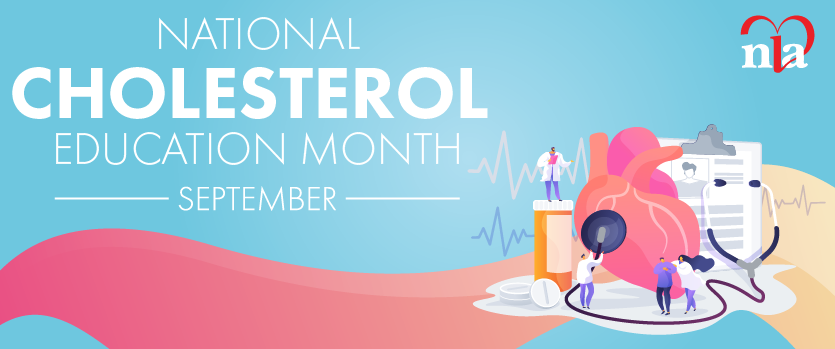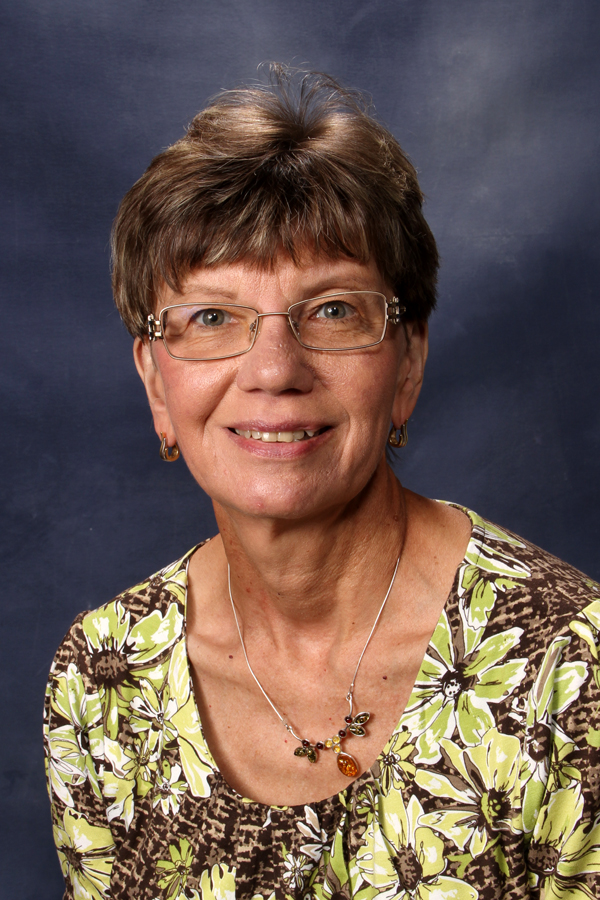A 52-year-old woman was referred to our Lipid Clinic several weeks ago by her primary care physician who felt overwhelmed and exasperated and was asking for assistance in her management.
She presented for primary ASCVD prevention with multiple risk factors for cardiovascular disease. She was very skeptical and had many preconceived ideas gleaned from her “extensive research” on the internet and talking with family and friends, regarding lipid-lowering therapy. She quickly informed me that “statins don’t work in women anyway,” and therefore, this was not going to be an option from her perspective.
The story goes on from there, and ultimately, after careful dialogue and discussion, she has been placed on appropriate lipid-modifying therapy. The above scenario is one of the challenges common for clinicians.
But the interaction made me reflect upon our role as clinical lipidologists. We have developed expertise in lipid metabolism, and assessing cardiometabolic risk in the context of the co-existing medical conditions with which our patients cope. We are poised to be instrumental in educating patients, and colleagues and appropriately applying evidence-based practices related to both pharmacotherapy and lifestyle management.
We are in a key position to help our patients sort through prevailing myths and skepticism. We must take the opportunity to cultivate a relationship with them which penetrates those myths and reorients towards scientific and clinical principles. No two patients are alike, and our responsibility goes beyond making the “right decisions” to discerning the best approach for their situation. This is known as the “art of medicine.”
The articles in this edition of the LipidSpin are dedicated to issues specific to women. The authors provide insights which help us to address women’s cardiovascular risk in the light of those medical conditions are unique to us as a special population. These include concerns relative to polycystic ovarian disease, autoimmune disorders, breast cancer and its treatment, and lifetime cardiovascular risk associated with pregnancy related disorders such as pre-eclampsia and gestational diabetes.
As lipidologists, we are in an excellent position to provide education and assurance to women and dispel harmful myths surrounding ASCVD management.
Women naturally have real concerns regarding their real overall disease risk. The lay literature often feeds upon those anxieties, which are further fueled by the paucity of data directed at women’s health management. This amplifies the mythology to an even greater extent.
The articles in this edition provide guidance regarding better assessment of risk in women, understanding pertinent gender differences and developing strategies for care. We can set the foundation for shared decision making, balancing quality of life and achieving goals of risk reduction.
I look forward to the development of a more robust database for healthcare in women and in other underserved populations. I am grateful to the NLA for providing us with a framework for risk management and treatment in special populations in Part II of the Recommendations for Patient-Centered Management of Dyslipidemia.
It is a privilege for me to serve as co-editor of the LipidSpin with Daniel E. Soffer, MD, FNLA, and I look forward to continued high quality, engaged authorship in this publication which provides pertinent, validated information for our clinician readers.
Disclosure statement: Dr. Willard has received honoraria from Regeneron, Sanofi, Amgen and Akcea.






.jpg)
.png)











